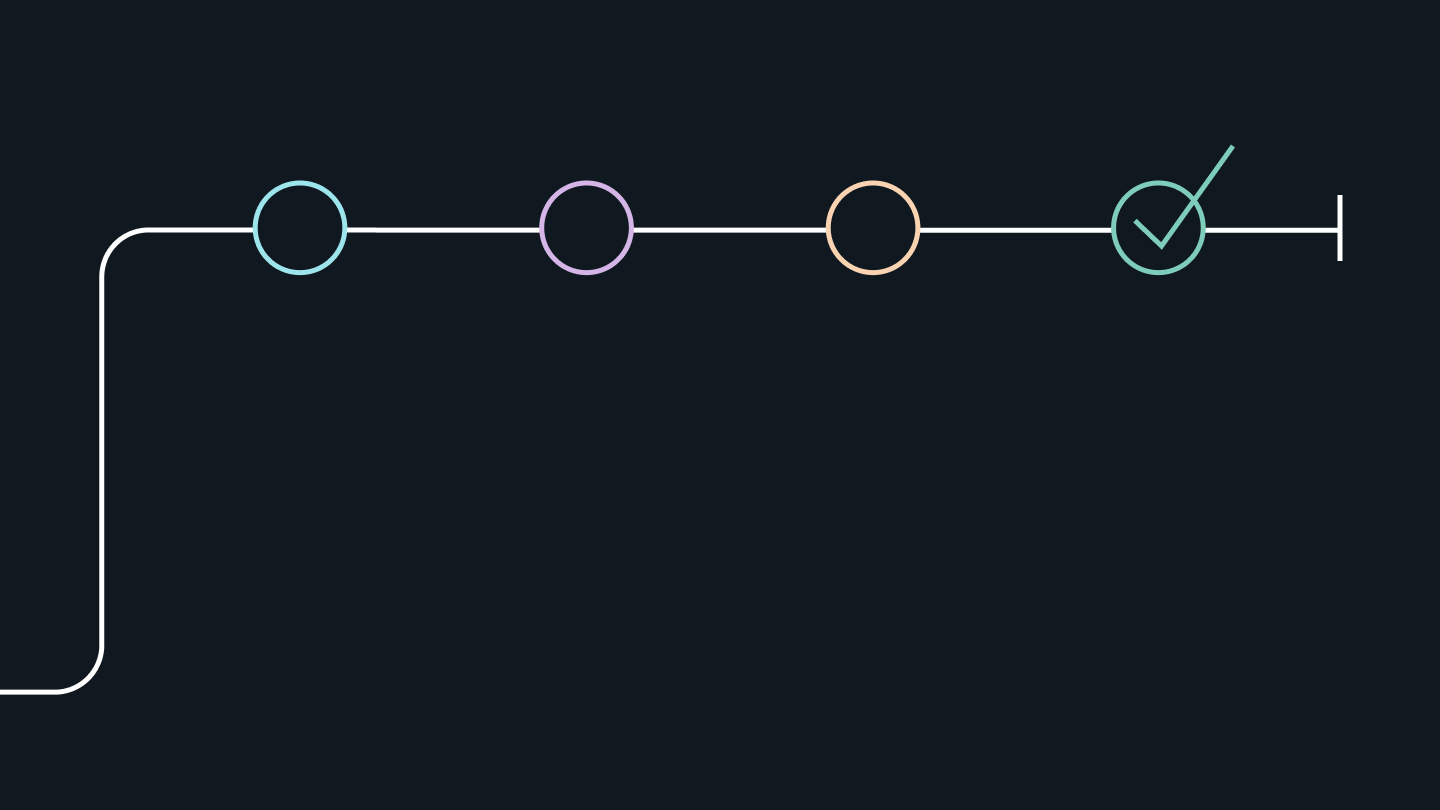
It has been a collaboration like no other. When the Monetary Authority of Singapore (MAS) announced Project Guardian in May 2022, it had an ambitious target: testing the feasibility of applying asset tokenization and DeFi protocols on public blockchain, while managing financial stability and integrity.
This exploration was born out of the opportunities afforded by DeFi – or decentralized finance – which uses blockchain-based smart contracts to execute a variety of financial transactions. As DeFi is already being used to build automated exchanges and create new markets for crypto-asset borrowing and lending, the natural next step was to look to global wholesale financial markets.
And this is where it gets really interesting.
Led by MAS, a formidable grouping of DBS Bank, J.P. Morgan and SBI Holdings came together for Project Guardian’s ‘Pilot One’. The Pilot aimed to determine whether DeFi protocols can be deployed on a public blockchain to deliver capital markets business services in a more open and efficient manner.
In this, J.P. Morgan and SBI carried out a live foreign exchange transaction on the polygon public blockchain platform – a world first.
Tokenized deposits - a totally new construct that uses a token-based representation of a demand deposit claim for fiat cash - were issued to create Singapore Dollars (SGD) ‘on chain’. These tokenized SGD deposits were then exchanged for tokenized Japanese Yen (JPY), utilizing a liquidity pool - instead of through a bi-lateral trade executed directly between these counterparties.
All of this was done with modified DeFi protocols and trust anchors, based on an agreed set of standards. The result of this project could pave the way for financial institutions across the globe to access DeFi in compliant ways.
Digital Identity is the key to establishing trusted participation on public chains
Compliance and identity protocols are imperative to enable the transfer of tokenized assets in a way that ensures you are transacting with known counterparties… whilst not losing the efficiency of open DeFi pools that typically do not enforce KYC of users.
“Our team at Kinexys developed a Verifiable Credential Digital Identity solution, which ensures that participants only transact with authorized, known parties on the public blockchain – without having to reinvent existing KYC processes. Our solution is blockchain and platform-agnostic, provides quick and easy verification, is tamper-proof, and gives users full autonomy and control over their own data. This elegantly meets the needs of institutions looking to interact with DeFi in a compliant fashion,” said Tyrone Lobban, Head of Blockchain and Kinexys Digital Assets at J.P. Morgan.
What’s next for Institutional DeFi?
Project Guardian paves the way for the tokenization of real-world assets to bring them onto public blockchain. This changes the game for regulated institutions who want to participate on the public blockchain for the exchange of assets, including through borrowing, lending and trading. With a potential market size in the trillions, it enables the creation of new products, markets, peer-to-peer transactions, and even mobilizing traditionally illiquid assets.
Pilot One demonstrated the feasibility and transformative potential of using DeFi protocols in wholesale finance with appropriate guardrails, providing a tangible framework for how TradFi and DeFi will interact in the future.
Read more from Pilot One’s paper, ‘Institutional DeFi – The next generation of finance?’
About DeFi
Decentralized finance (DeFi) uses blockchain-based smart contracts to execute a variety of financial transactions. This exciting technology has great potential to transform financial services and is already being used to build automated exchanges and create new markets for crypto-asset borrowing and lending. DeFi protocols could streamline transactions across global wholesale financial markets, such as foreign exchange (FX), equities, bonds or other assets. DeFi technology could also have huge potential to speed up settlement, processing and reconciliation resulting in more efficiency and cost savings. The opportunity is enormous. The FX market alone has daily transaction volume of $6.6 trillion.1
Blockchain can change everything. See how Kinexys is transforming how money, assets and information moves
Stay informed and stay ahead with our monthly newsletter
Receive key updates and news with relevant actionable insights and best practices — including the latest intelligence on payments trends, digital innovation, regulatory change, ESG and sustainable financing and much more.
Subscribe to THE MONTH IN…Treasury & Payments
The views and opinions expressed herein are those of the author and do not necessarily reflect the views of J.P. Morgan, its affiliates, or its employees. The information set forth herein has been obtained or derived from sources believed to be reliable. Neither the author nor J.P. Morgan makes any representations or warranties as to the information’s accuracy or completeness. The information contained herein has been provided solely for informational purposes and does not constitute an offer, solicitation, advice or recommendation, to make any investment decisions or purchase any financial instruments, and may not be construed as such.
JPMorgan Chase Bank, N.A. Member FDIC.
JPMorgan Chase Bank, N.A., organized under the laws of U.S.A. with limited liability.
References
Investopedia, August 2021. ‘Forex Market: Who Trades Currencies and Why.’ Available at: https://www.investopedia.com/articles/forex/11/who-trades-forex-and-why.asp. Accessed October 2020.







